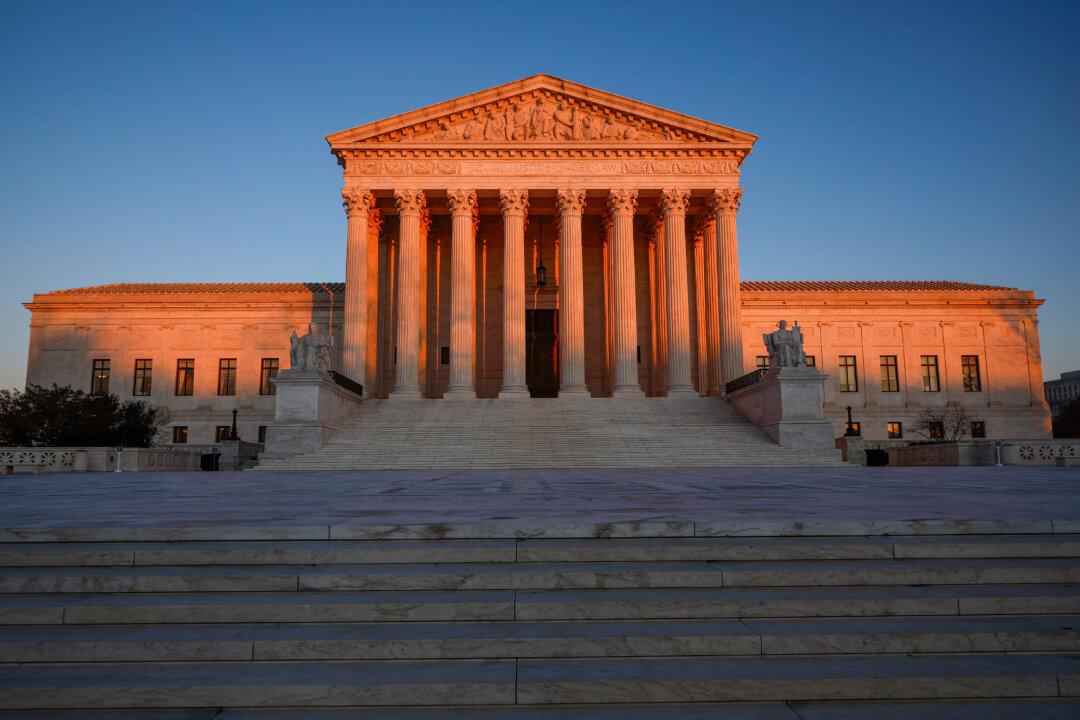Happy New Year! Thanks for joining us for a whirlwind of a year. 2024 being an election year promises to be full of drama, and we can’t wait to take you along with us for what’s sure to be a wild ride.
A series of conflicting rulings on President Donald Trump’s ballot challenges has made it increasingly likely that the U.S. Supreme Court will weigh in on whether he can be disqualified under the 14th Amendment.





